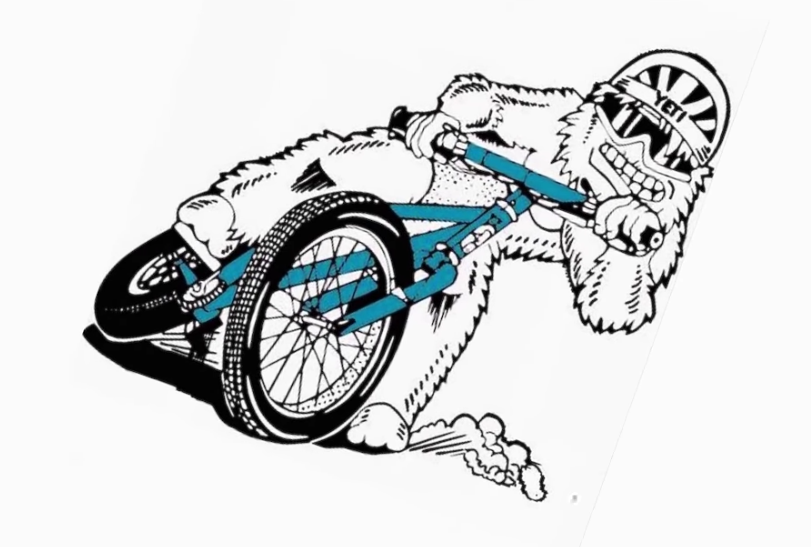I grew up in a time when, if you didn't know the gender of the person you were talking about, you referred to that person with masculine pronouns. For example, you'd say or write, "If a cyclist wants to do a long ride, he should build up to it by doing a short ride every day."
During that time, terms and labels that are now seen as offensive seemed normal. Even civil rights leaders referred to Americans of African heritage as "Negroes" and women called their friends "the girls." And "tribe" was often used to talk about members of a tight-knit group.
Even when it was still an acceptable term, I used to cringe when I heard "Negro," even if it was "good enough for Martin Luther King and Malcolm X," as one of my teachers put it. Perhaps my reaction came from hearing it pronounced "knee-grow." As for "tribe," it never occurred to me, until recently, that anyone could find it offensive. I guess that shows I have more "white privilege" than I realize!
Perhaps the Chris Conroy and Steve Hoogendoorn, the owners of Yeti Cycles, came to that same conclusion. A week and a half ago, they signed this e-mail the company sent to the media:
During that time, terms and labels that are now seen as offensive seemed normal. Even civil rights leaders referred to Americans of African heritage as "Negroes" and women called their friends "the girls." And "tribe" was often used to talk about members of a tight-knit group.
Even when it was still an acceptable term, I used to cringe when I heard "Negro," even if it was "good enough for Martin Luther King and Malcolm X," as one of my teachers put it. Perhaps my reaction came from hearing it pronounced "knee-grow." As for "tribe," it never occurred to me, until recently, that anyone could find it offensive. I guess that shows I have more "white privilege" than I realize!
 |
Perhaps the Chris Conroy and Steve Hoogendoorn, the owners of Yeti Cycles, came to that same conclusion. A week and a half ago, they signed this e-mail the company sent to the media:
When Yeti Cycles started thirty-five years ago, the founders felt strongly about building a community that was founded on racing and the belief that mountain bikes make us better people. We shared this with our friends at the races, at festivals and ultimately at Yeti Tribe Gatherings, where hundreds gather each year to ride epic trails, and enjoy the camaraderie of post ride beers and stories together.
We’ve referred to this crew as the Yeti Tribe – a community of people who love to ride mountain bikes. The notion of tribe was appealing to us because it was community-centric, familial, and had strong social values.
Recently, we’ve learned our use of the term “Tribe” can be offensive to indigenous people, due to the violent history they have endured in the United States. The word “Tribe” is a colonial construct that was used to marginalize Native Americans and its continued use by non-indigenous people fails to accurately recognize their history and unique status as Tribal Nations.
After discussion with members of the indigenous community, studying accurate representations of our shared history, and reflecting on our values as a company, Yeti Cycles has decided we will no longer use the term “Tribe” in our marketing.
The community we have built will move forward and thrive. Yeti Gatherings will continue to be our most valued events of the year. We have walked away from a word, but the soul of our community remains intact. We ask you all to join us in embracing this change.
Thanks to the mountain bike community for your guidance and especially to the members of the indigenous community for educating us on this issue.







